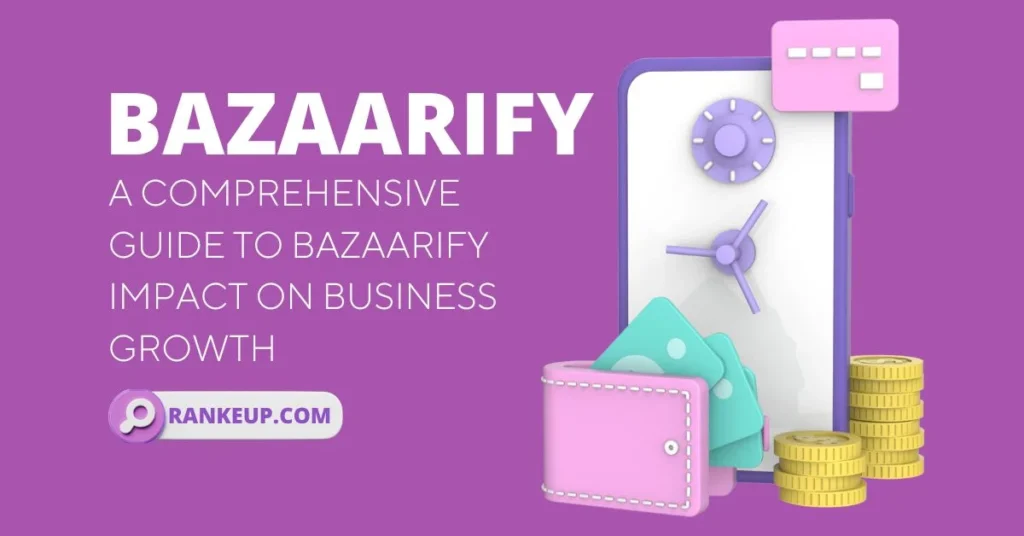Ontario is a province in Canada that is known for its bustling economy and high standard of living. With a population of over 14 million people, it is no surprise that the real estate market in Ontario is thriving. For many people, buying a home is one of the biggest investments they will make in their lifetime. This is where mortgage lenders come in.
Mortgage lenders in Ontario play an essential role in the home buying process. They provide loans to homebuyers that allow them to purchase their dream homes. These lenders come in many different forms, including banks, credit unions, and private lenders. Each lender has its own set of requirements and interest rates, making it essential for homebuyers to do their research before choosing a lender. In this article, we will explore the different types of mortgage lenders in Ontario and provide tips on how to choose the best lender for your needs.
Understanding Mortgages in Ontario
Types of Mortgages Available
When it comes to mortgages in Ontario, there are several types of mortgages available to borrowers. The most common types of mortgages include fixed-rate mortgages, variable-rate mortgages, and hybrid mortgages. Fixed-rate mortgages are mortgages where the interest rate remains the same throughout the entire term of the mortgage. Variable-rate mortgages, on the other hand, have an interest rate that fluctuates with the prime lending rate. Hybrid mortgages are a combination of fixed and variable-rate mortgages.
Mortgage Approval Process
The mortgage approval process in Ontario can be a bit complex, but it generally involves several steps. First, the borrower will need to provide the lender with information about their income, credit score, and debt-to-income ratio. The lender will then use this information to determine whether the borrower is eligible for a mortgage and, if so, how much they can borrow. Once the borrower has been pre-approved for a mortgage, they will need to provide additional documentation, such as proof of employment and income, before the mortgage can be finalized.
Regulations and Legal Framework
In Ontario, mortgages are governed by several regulations and legal frameworks. The most important of these is the Ontario Mortgage Act, which sets out the rules and regulations that lenders and borrowers must follow. Under this act, lenders are required to disclose all of the terms and conditions of the mortgage to the borrower, including the interest rate, fees, and penalties. Borrowers, on the other hand, are required to make all of their mortgage payments on time and in full, or risk foreclosure.
Overall, understanding mortgages in Ontario is essential for anyone looking to purchase a home. By familiarizing themselves with the types of mortgages available, the mortgage approval process, and the regulations and legal framework governing mortgages in Ontario, borrowers can make informed decisions about their mortgage and avoid any potential pitfalls.
Choosing the Right Mortgage Lender
When it comes to choosing the right mortgage lender in Ontario, there are several factors to consider. Here are some key considerations for selecting the best lender for your needs.
Comparing Interest Rates and Terms
One of the most important things to consider when choosing a mortgage lender is the interest rate and terms they offer. It’s essential to compare rates and terms from multiple lenders to find the best deal for your budget and financial goals. Be sure to look for a lender that offers competitive rates and flexible terms that fit your needs.
Evaluating Lender Reputation and Service
Another critical factor to consider when choosing a mortgage lender is their reputation and service. Look for a lender with a good reputation for providing excellent customer service and support. Check online reviews and ratings to see what other customers have to say about their experiences with the lender. A lender that values customer satisfaction and has a strong reputation for service is more likely to provide a positive experience.
Specialized Mortgage Lenders for Unique Needs
For those with unique needs, such as self-employed individuals or those with poor credit, specialized mortgage lenders may be a better option. These lenders offer specialized loan products that cater to specific situations, such as non-traditional income sources or lower credit scores. Be sure to research and compare specialized lenders to find the best fit for your unique needs.
Overall, choosing the right mortgage lender requires careful consideration of several factors, including interest rates, terms, reputation, and specialized lending options. By doing your research and comparing lenders, you can find the best fit for your financial needs and goals.
Also Read: RivenisNet: The Pioneers of Digital Marketing Excellence


